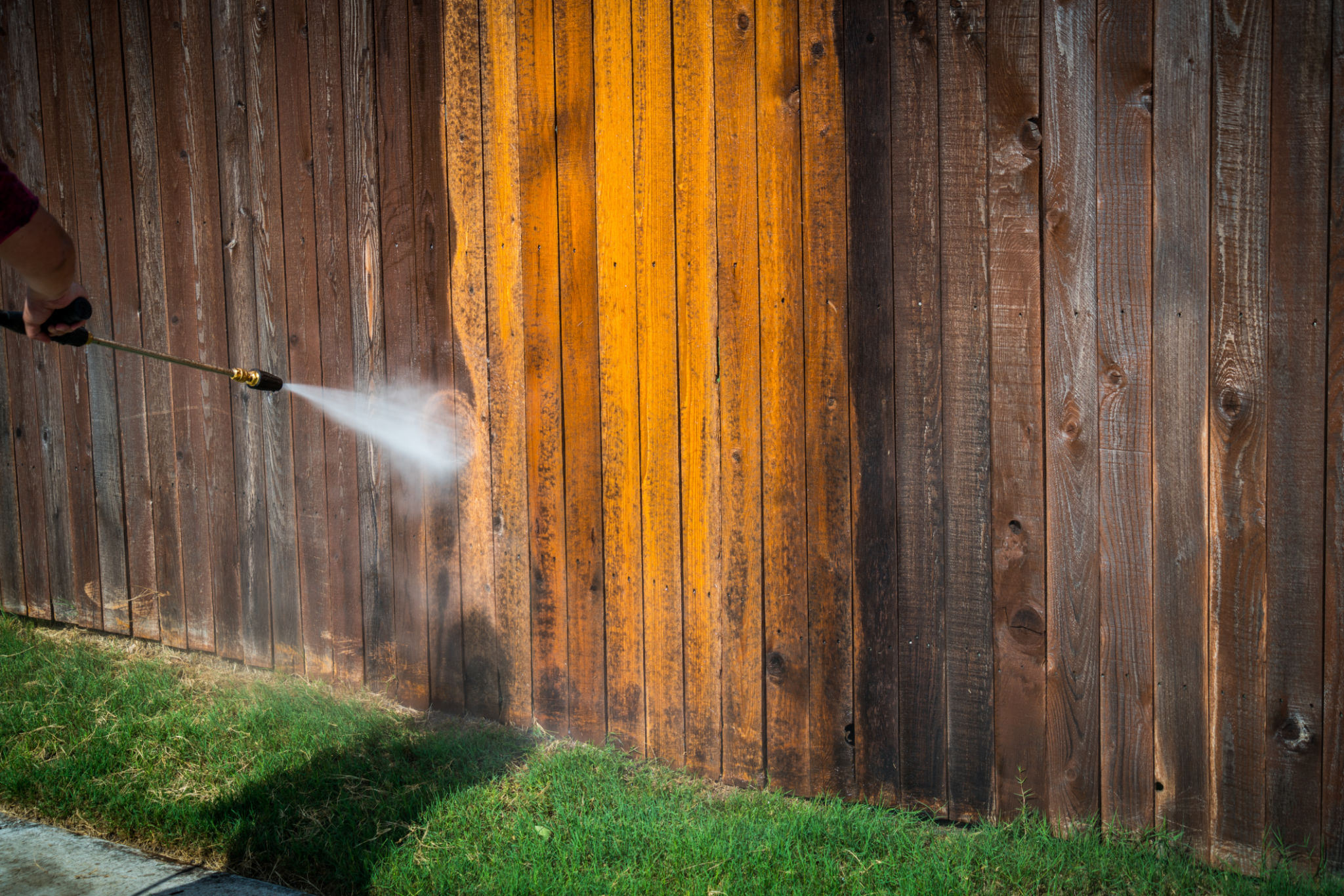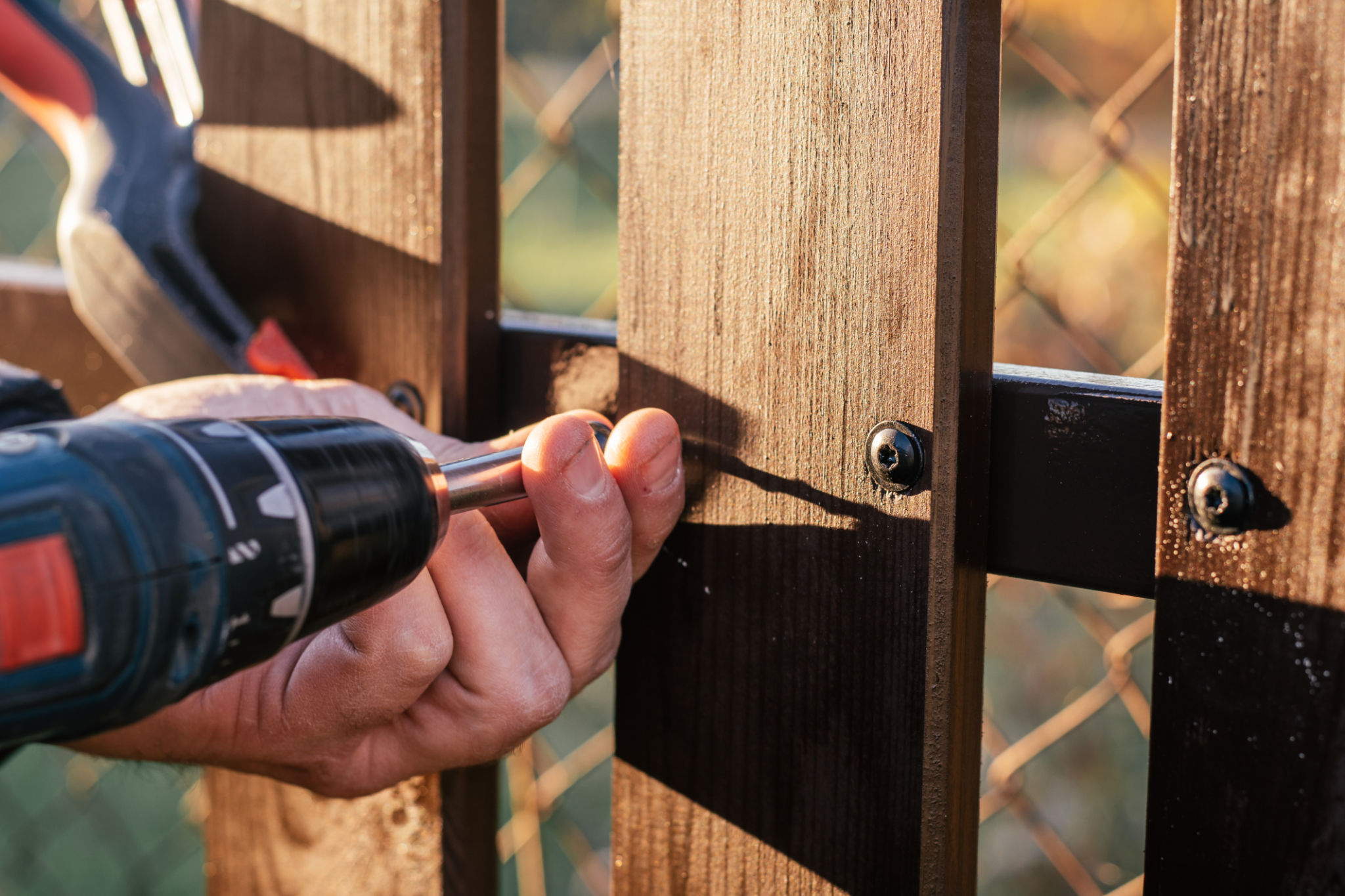DIY Fence Maintenance Tips to Extend Your Fence's Lifespan
Understanding Your Fence Material
Fences are made from a variety of materials, including wood, vinyl, metal, and composite. Each material requires specific maintenance techniques to ensure longevity. For instance, wood fences are susceptible to rot and insect damage, while metal fences might rust over time. Understanding your fence's material is the first step in extending its lifespan.

Regular Inspections
Conducting regular inspections is crucial for identifying potential issues before they become major problems. Walk along your fence line every few months to check for loose boards, rust spots, or signs of rot and insect infestation. Early detection allows for timely repairs, which can significantly extend the life of your fence.
Cleaning Your Fence
Keeping your fence clean is essential for maintaining its appearance and structural integrity. Dirt and grime can cause deterioration over time. Use a mild detergent mixed with water and a soft brush to gently scrub away any buildup. For tougher stains or mildew, consider using a power washer with caution, especially on wood to avoid causing damage.

Sealing and Staining
If you have a wood fence, applying a sealant or stain can provide an extra layer of protection against moisture and UV damage. Choose a high-quality sealant that suits your fence type and climate conditions. Applying a fresh coat every 2-3 years can greatly enhance the durability of your fence.
Repairing Damage Promptly
Minor damages such as loose nails, broken boards, or a bent metal post should be repaired as soon as they are detected. Leaving these issues unattended can lead to more severe problems that may require costly repairs or even replacement. Have basic tools on hand for quick fixes like hammering in nails or replacing screws.

Preventing Pests and Rot
Pests like termites can wreak havoc on wood fences. Consider applying pest control treatments around the base of your fence to deter insects. Regularly trim back vegetation that touches the fence, as it can trap moisture and promote rot. Keeping your fence dry and clear of debris is key to preventing damage.
Winterizing Your Fence
As winter approaches, take steps to protect your fence from harsh weather conditions. For wood fences, ensure they are properly sealed to prevent moisture absorption from snow and rain. Metal fences should be checked for rust and painted if necessary to provide a protective coating against the elements.
Maintaining Fence Hardware
The hardware used in your fence, such as hinges and latches, should not be neglected. Regularly oil these components to keep them functioning smoothly and prevent rust. Tighten any loose screws or bolts to maintain the structural stability of gates and movable parts.

Conclusion
Consistent maintenance is the key to extending the lifespan of your fence. By following these DIY tips, you can ensure your fence remains a robust and attractive boundary for years to come. Remember, a well-maintained fence not only adds value to your property but also enhances its curb appeal.